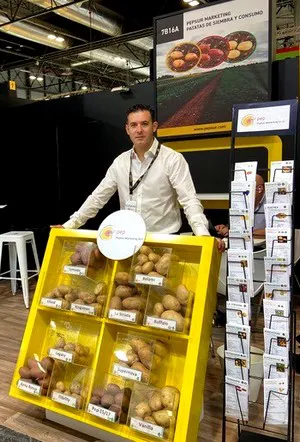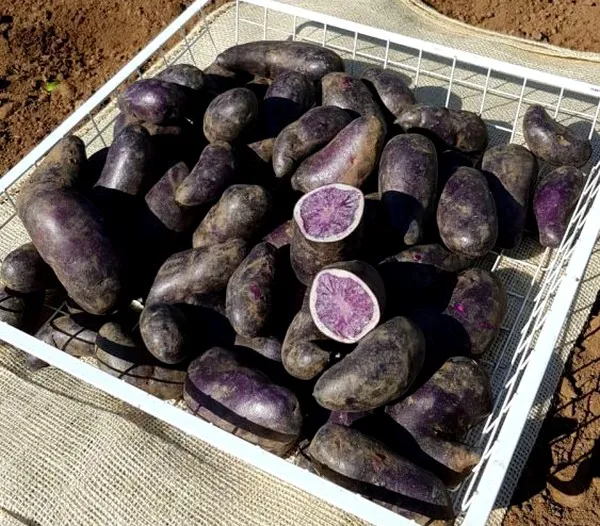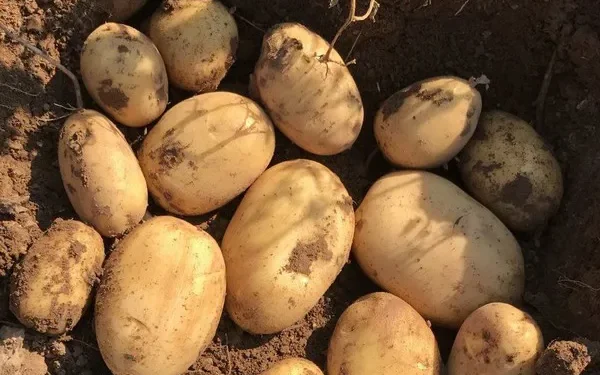Reinstating Scottish seed potatoes into the EU market remains a priority amidst supply challenges and phytosanitary concerns.
Amidst the ongoing ramifications of Brexit, UK seed potato producers have encountered barriers in exporting to the EU since January 1, 2021. The European bloc’s denial of access to the market stems from apprehensions regarding the alignment of British production with European phytosanitary standards post-Brexit.
According to David Sanchez of Pepsur Marketing, the ban on imports, including seed potatoes, ensued automatically after Brexit due to the UK’s classification as a third country. However, it’s emphasized that the UK’s production methods remain unchanged, particularly in Scotland, renowned for its favorable weather conditions conducive to robust plant health. Scottish seed potatoes, primarily categorized as base seeds (S and SE), boast resilience against various diseases prevalent on the European continent.
Despite the hiatus in Scottish seed potato imports, efforts are underway to negotiate their reinstatement. Europatat, acting as the intermediary between European potato sector entities and the EU, has established a dedicated working group to address this issue. The necessity for Scottish seed potatoes has become more pronounced amidst a 20% reduction in supply across Europe, compounded by health-related challenges.

The scarcity of Scottish seed potatoes has particularly impacted Spanish seed multiplier companies, exacerbating virus-related concerns and aphid proliferation, the primary vectors of such diseases. This scarcity contrasts with historical trade dynamics, where Scotland served as a pivotal supplier to Spain. The significance of continued access to Scottish seeds is underscored amidst recent declassifications of continental seeds and disruptions in supply chains.
While trade restrictions persist, exceptions have been made for exports to the Canary Islands and Northern Ireland, accentuating the importance of bilateral agreements between the UK and the EU. The formation of Pepsur Portugal reflects adaptive strategies to navigate evolving market landscapes, ensuring continued trade amidst uncertainties.
The forthcoming export campaign anticipates prolonged demand, albeit with constrained margins due to elevated field prices. The industry braces for a challenging landscape, characterized by fluctuating market dynamics and the imperative of balancing supply with affordability.
In conclusion, the quest to reintegrate Scottish seed potatoes into the EU market post-Brexit underscores the resilience and adaptability of stakeholders across the potato value chain. Amidst supply challenges and phytosanitary considerations, collaborative endeavors aim to secure sustainable trade relations, ensuring the availability of high-quality seed potatoes to meet evolving market demands.








